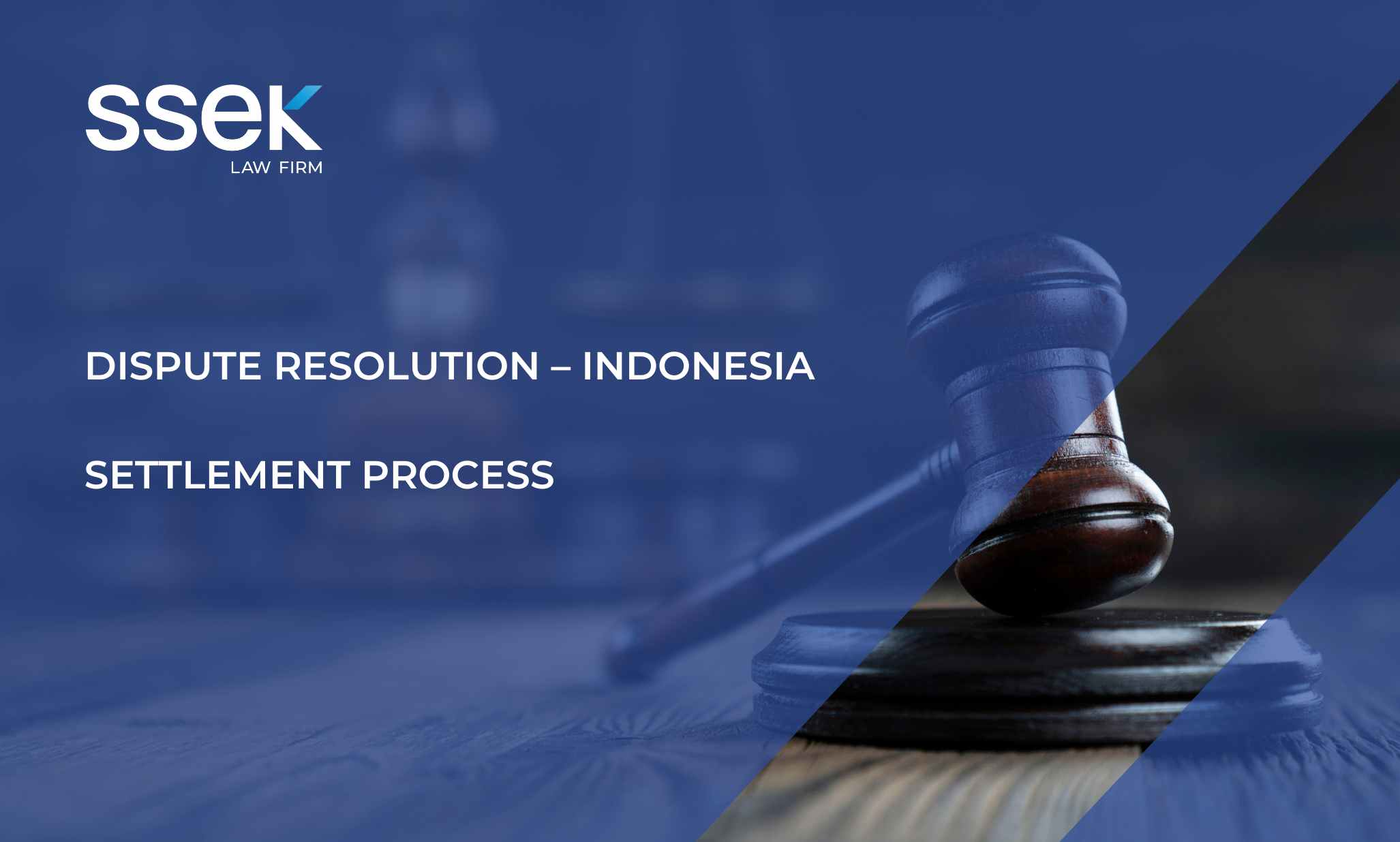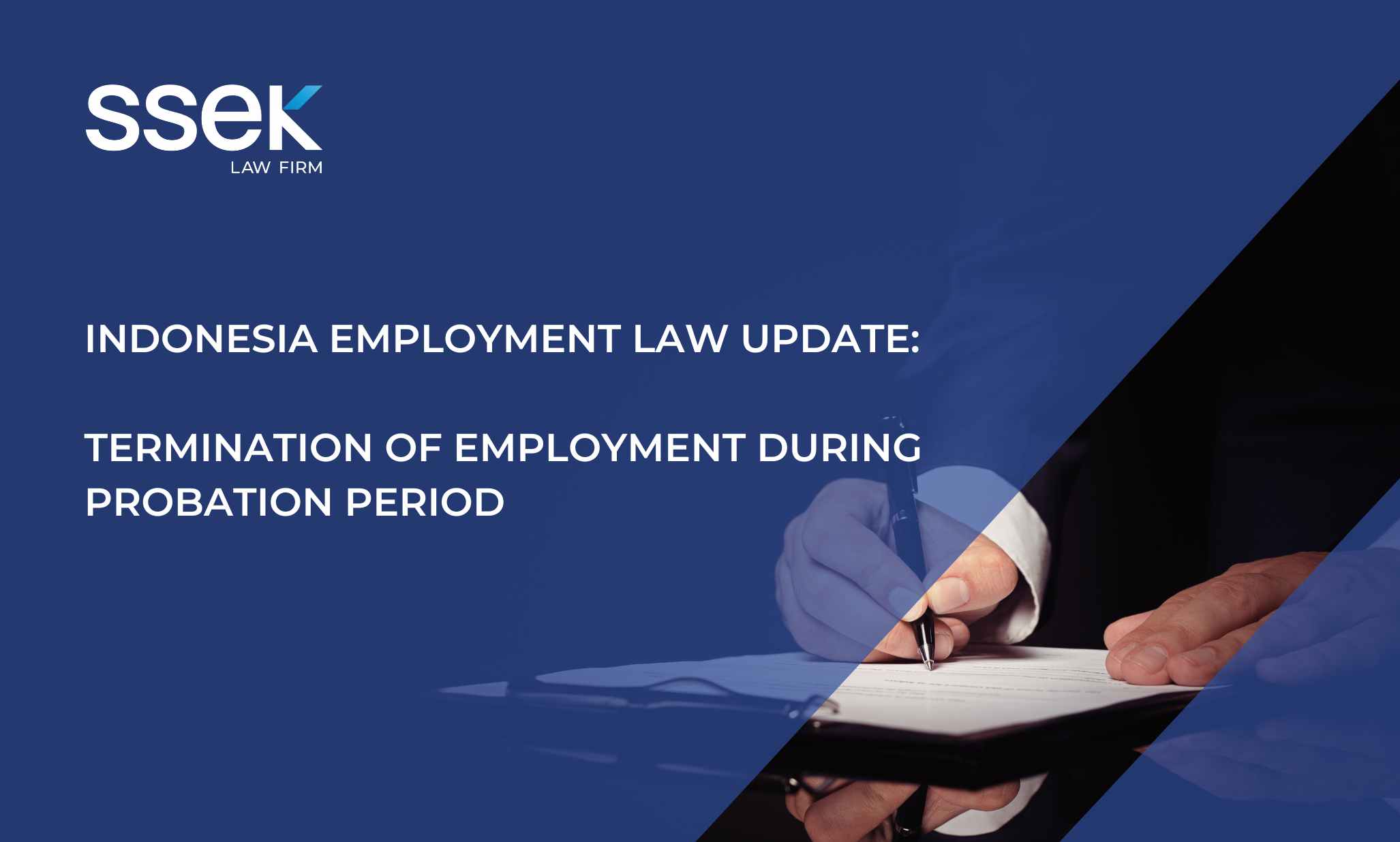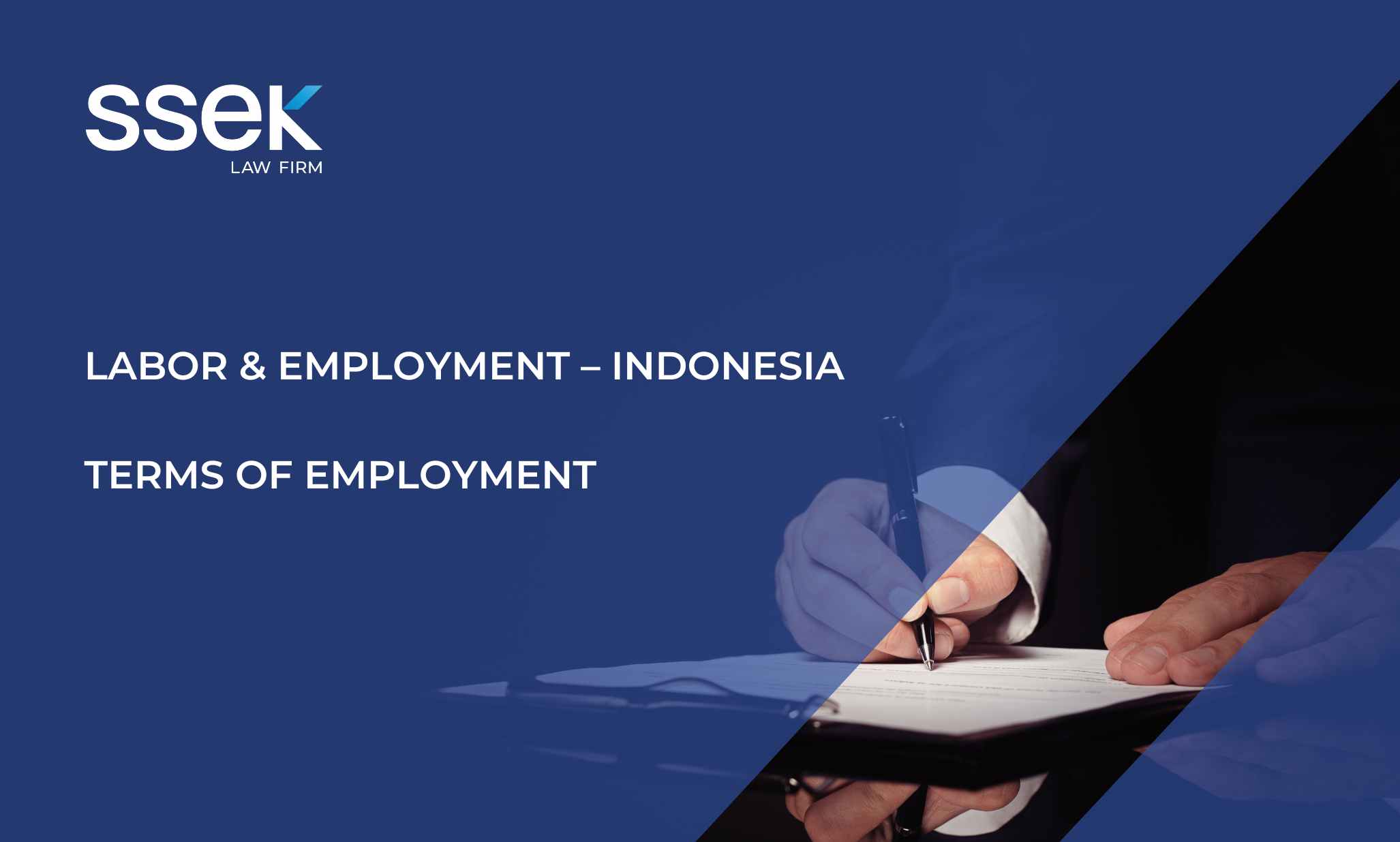

Law No. 24 of 2009 regarding the National Flag, Language, Emblem and Anthem (July 9, 2009) (the Language Law) was very likely not one of the most visited regulations until the West Jakarta District Court rendered a groundbreaking decision in 2013 (i.e., West Jakarta District Court Decision No. 451/Pdt.G/2012/PN.Jkt.Bar (the Court Decision No. 451) that immediately multiplied the level of scrutiny by both business players and lawyers of the relevant provision under the Language Law concerning the mandatory use of the Indonesian language in agreements.
Article 31(1) of the Language Law stipulates:
The Indonesian Language must be used in a memorandum of understanding or agreement involving state institutions, government agencies of the Republic of Indonesia, Indonesia's private institutions or individual Indonesian citizens.
Court Decision No. 451 ruled that a commercial agreement with an Indonesian party that was not executed in the Indonesian language is null and void because it violates Article 31(1) of the Language Law. The District Court reasoned that the mandatory requirement to use Indonesian in an agreement was a clear and objective element of the legality of an agreement under the Indonesian Civil Code.
In the first quarter of 2014, the High Court of Jakarta affirmed the decision of the West Jakarta District Court. The High Court of Jakarta decision was then appealed to the Supreme Court and in August 2015, the Supreme Court issued Decision No. 601 K/PDT/2015 that rejected the appeal and upheld the High Court's affirmation of the Jakarta decision.
Unfortunately, the Supreme Court Decision was not yet publicly available as of December 31, 2015 and hence a comprehensive analysis cannot yet be made, although it would not be surprising if the Supreme Court merely upheld the High Court decision without providing a full analysis. Also, as a matter of Indonesian law, the Supreme Court Decision is not yet final and binding because the losing party may resort to further appeal remedies.
It is also to be noted that Indonesia does not follow the stare decisis principle familiar to common law systems, so that Indonesian courts are not bound by previous court decisions. To obtain as much legal certainty as possible, business players have chosen to ensure that their agreements with an Indonesian party are executed only in the Indonesian language or in the Indonesian language and a foreign language, most commonly English. It is inevitable that in cross-border transactions the underlying agreement will not be in the Indonesian language alone, as a foreign party would not be comfortable with a language it does not understand.
Also, it will want the language it does understand to be the prevailing language. In most cases, the second language is English, as the prevailing lingua franca for commercial transactions. The Language Law explicitly allows execution of an agreement in more than one language (provided that one of the languages is the Indonesian language) and does not impose an obligation to use the Indonesian language as the prevailing language.
While English is most often chosen as the prevailing language, there is a risk in this approach, as the Language Law does not explicitly, or otherwise, provide that a foreign language will prevail over the Indonesian version. It is possible, therefore, that a future court could decide that the Indonesian language must prevail.
An additional but perhaps unavoidable disadvantage from a commercial perspective of a dual language document is the additional time and cost incurred to properly translate the agreement into Indonesian, which may be considerable and can delay signing and closing a transaction. Further, as a legal document is involved and the translation must be accurate, reliance on a translator might be insufficient, especially when the document is complex.
In that case, a lawyer may be called on to either prepare or review the translation. The Indonesian version is very important, especially if any dispute is to be resolved in Indonesia. Whatever is said about prevailing languages, any court in Indonesia, whether on original jurisdiction or to enforce a foreign arbitral award, will naturally read the Indonesian version first and one would then have to dislodge the court from a position taken based on the Indonesian version in the event of any inconsistency.
Finally, in addition to having transaction documents in dual languages, the incorporation of one or more provisions related to Language Law issues in the underlying agreement is also a prevalent practice. Parties try to remove legal uncertainty by formulating provisions that address language issues that may arise in the future and safeguard their interests against the possible arguments that could be invoked by their counterparts to challenge the enforceability of the agreement.
Unfortunately, there is a paucity of other court decisions dealing with this issue and other provisions under the Language Law. Furthermore, as of this date, the implementing presidential regulation regarding the mandatory use of the Indonesian language in an agreement with an Indonesian party, as mandated by Article 40 of the Language Law, has not been promulgated.
This article is from SSEK's Indonesian Legal Review, which looks at recent legal and regulatory developments in almost 50 sectors, from Airports to Tourism. This publication is intended for informational purposes only and does not constitute legal advice. Any reliance on the material contained herein is at the user's own risk. You should contact a lawyer in your jurisdiction if you require legal advice. All SSEK publications are copyrighted and may not be reproduced without the express written consent of SSEK.









